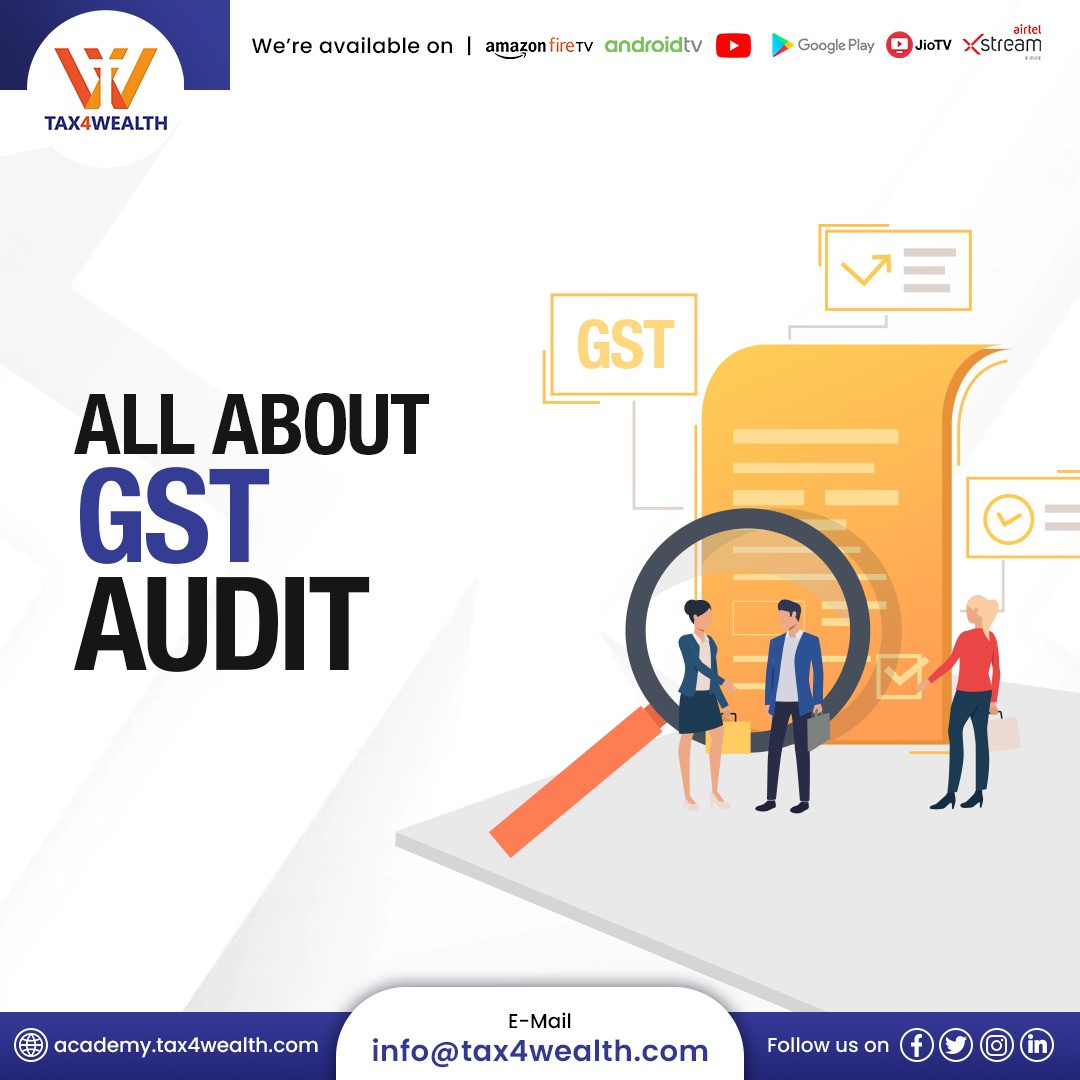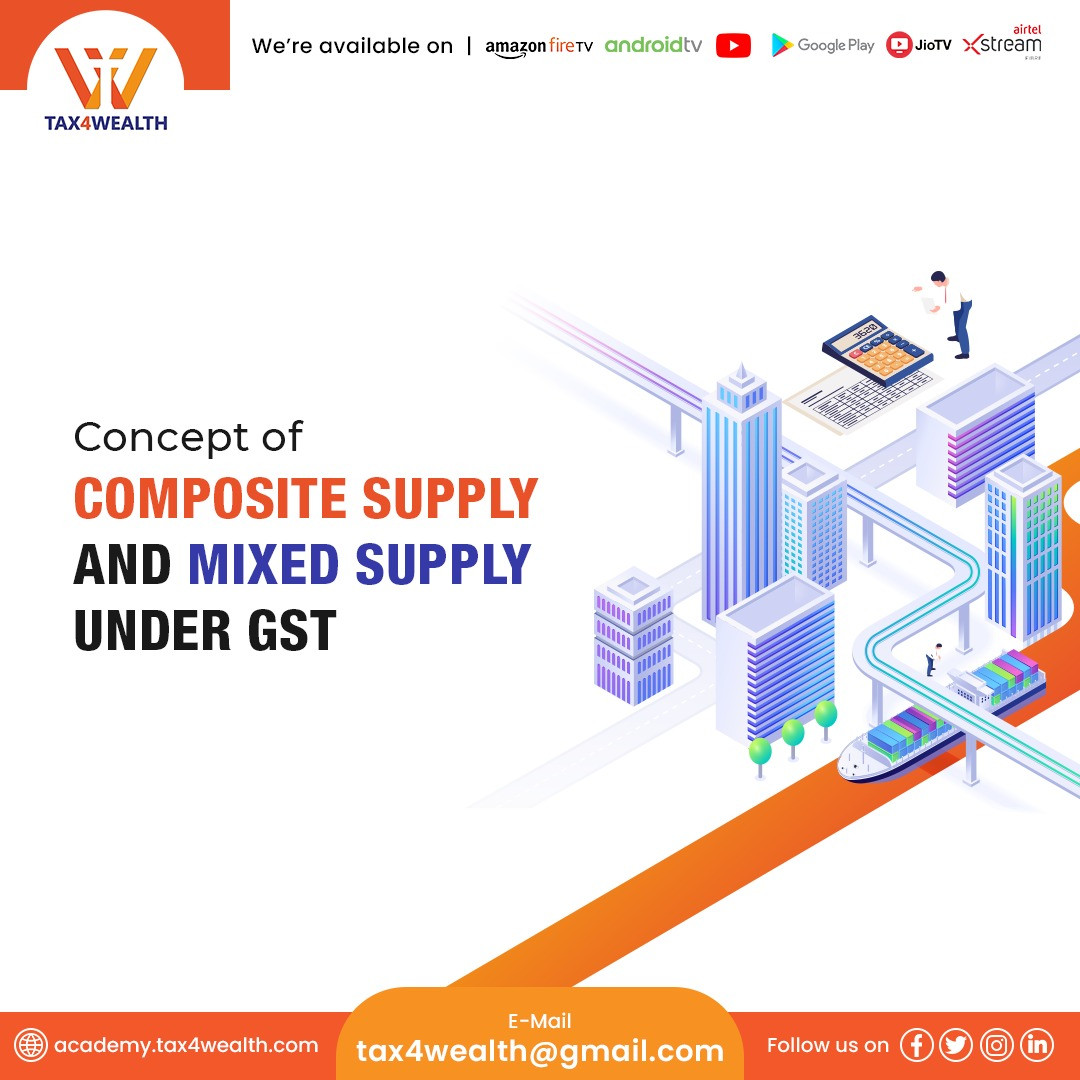
All About GST Audit
What is the meaning of GST audit & its need?
The procedure of GST Audit is held through the examination of records, returns and other documents maintained by a GST-registered person. It is also a medium to assess the compliances under the GST Act that are supposed to be checked by an Authorized person while also ensuring the authenticity of the declared turnover or the taxes paid or a claim of refund or the avail of an input tax credit.
The GST-registered taxpayers are required to self-assess their tax liability themselves, pay taxes and file returns, As GST is a trust-based regime which expects the taxpayers to be truthful. Hence, a vigorous Audit setup is a must to make sure the taxpayers have accurately self-assessed their tax liabilities. For the purpose of implementing GST properly, the government take various measures one of which is GST Audit.
What are the types of Audits under GST?
The three types of Audits under GST are:
1. Turnover-based Audit -
This audit is required to be performed by a Chartered accountant or Cost Accountant appointed by the taxpayer. This audit is initiated under the provisions of the CGST Act when the turnover of the taxpayer exceeds Rs. 2 Crore he is required to get his accounts & records audited.
2. Normal Audit/General Audit -
This audit is required to be performed by a Commissioner of CGST or SGST or any other authorized officer delegated by him. This audit is initiated when the Commissioner issues an order with a 15 days prior notice.
3. Special Audit-
This audit is required to be performed by a Chartered accountant or Cost Accountant nominated by the Commissioner. This Audit is initiated when the Deputy/Assistant Commissioner with prior approval of the Commissioner.
Appointment of GST Auditor:
In the case of a company, the Board of Directors should appoint a GST auditor at the beginning of the financial year.
Accounts to be reviewed by GST Auditor :
The following are important accounts or records for review:
✅ Sales register
✅ Stock register
✅ Purchase register and expenses ledgers
✅ Input tax credit availed and utilised
✅ Output tax payable and paid
✅ The e-Way bills generated during the audit period, if they are compliant.
✅ Keeping records of electronic invoices and IRNs
✅ The GST department's communications regarding the year are kept in these documents.
For more information , Visit us at: https://academy.tax4wealth.com/
Related News
No comments yet, Be the first to comment.













